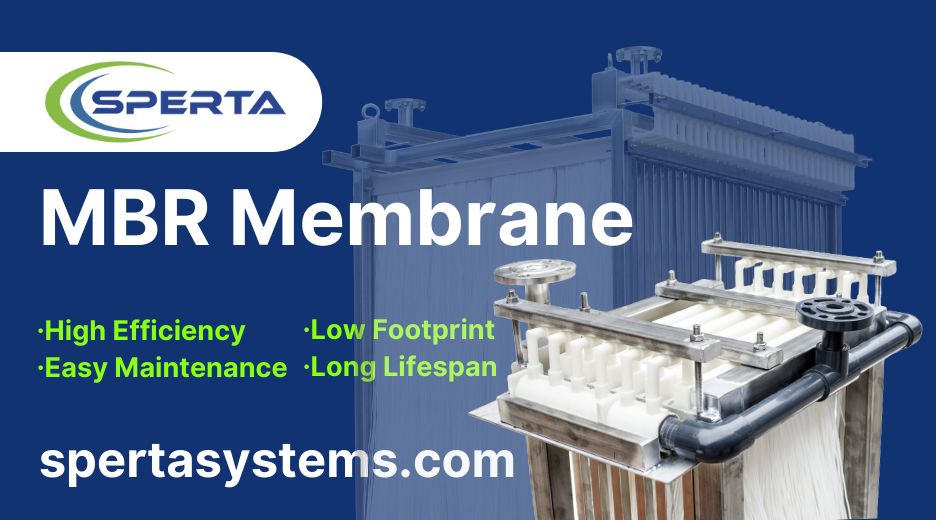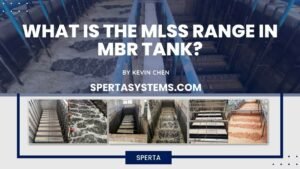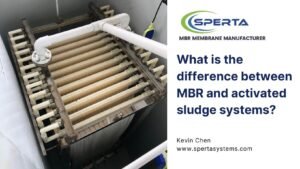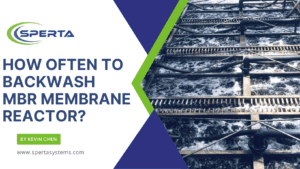In wastewater treatment, ensuring the efficiency of the process is crucial. One of the critical indicators that professionals often turn to is the MLSS (Mixed Liquor Suspended Solids). But what exactly is a good MLSS value, and why does it matter?
MLSS measures the solid concentration in wastewater treatment tanks. For regular systems, the ideal range is 2,000 to 5,000 mg/L. In advanced processes like MBR, it’s higher, around 8,000 to 12,000 mg/L. Staying in these ranges ensures effective treatment and clean output.
Ensuring the correct MLSS value is about more than just meeting regulatory standards. It’s about optimizing the treatment process, ensuring water quality, and, ultimately, protecting our environment.
Understanding MLSS
MLSS measures the amount of biological microorganisms available in the aeration tank. These microorganisms play a pivotal role in breaking down and treating pollutants in the wastewater. The concentration of these solids is a direct indicator of the health and efficiency of the biological process.
Factors Influencing Ideal MLSS Value
Different wastewater types, whether from industries or households, can influence the ideal MLSS value. Additionally, the specific design of the treatment plant and its operational parameters can also affect the optimal range. The end goal, which is the desired quality of the treated water, is another determining factor.
General Guidelines for Good MLSS Values
While the ideal value can vary, conventional activated sludge systems typically maintain an MLSS value in the range of 2,000 to 5,000 mg/L. However, for certain advanced treatment processes or specific MBR systems, this range might differ.
Benefits of Maintaining Optimal MLSS
A balanced MLSS value ensures:
- Efficient removal of pollutants.
- A stable treatment process that can handle variations in wastewater inflow.
- Prevention of issues like sludge bulking, which can hamper the treatment process.
Challenges with Incorrect MLSS Values
Having an MLSS value that’s too high or too low can lead to:
- Reduced treatment efficiency.
- Poor quality of treated water.
- Operational challenges that can increase the cost of treatment.
Monitoring and Adjusting MLSS
Regularly checking the MLSS value is essential. If the value is found to be outside the desired range, adjustments can be made. This might involve wasting some sludge to reduce the MLSS or altering the aeration process to increase it.
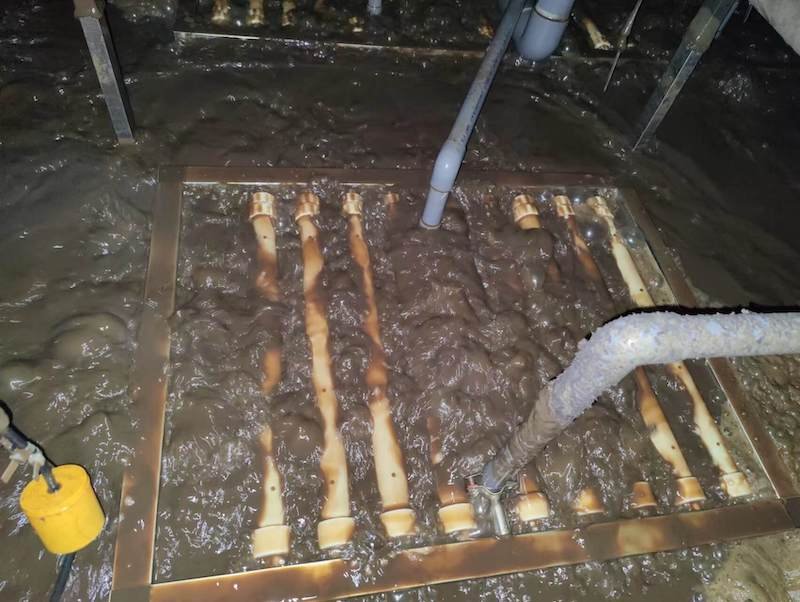
Conclusion
In conclusion, understanding and maintaining the correct MLSS value is a cornerstone of adequate wastewater treatment. By ensuring this balance, we can not only achieve efficient wastewater treatment but also contribute to a sustainable and healthier environment.
The above is information about the MLSS in the MBR membrane tank. If you still have questions about the membrane bioreactor or need to purchase MBR membranes, don’t hesitate to contact SPERTA.
Shanghai SPERTA Environmental Technology Co., Ltd. has specialized in producing water treatment products for many years. The company has the core technology of producing MBR membrane components. It has a high production capacity, aiming to build a high-quality brand of MBR production and sales all over the world. If you have any needs, please feel free to contact us.


